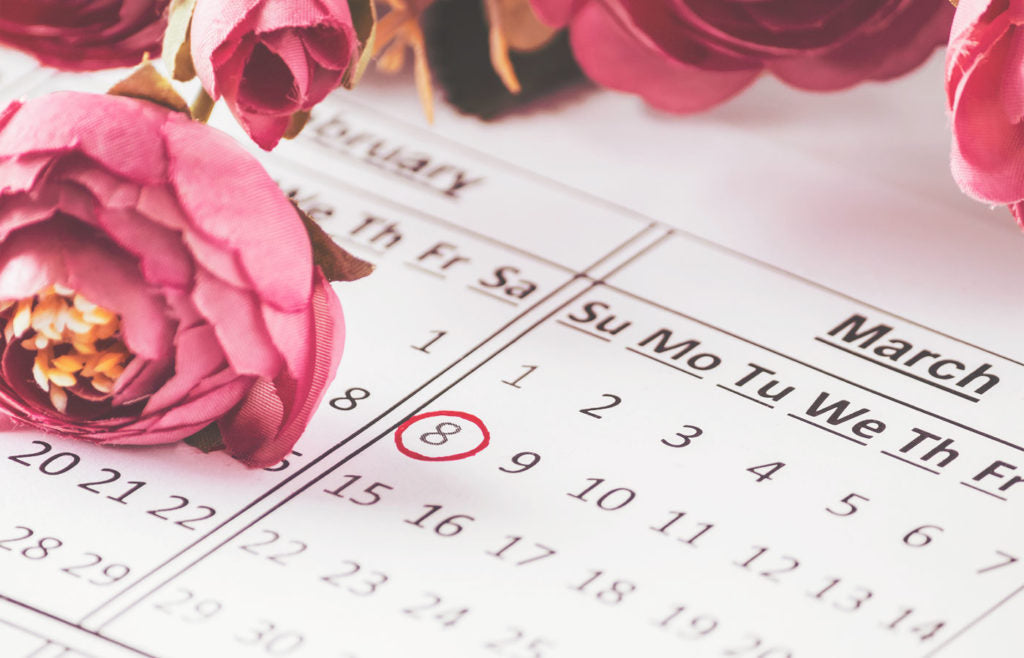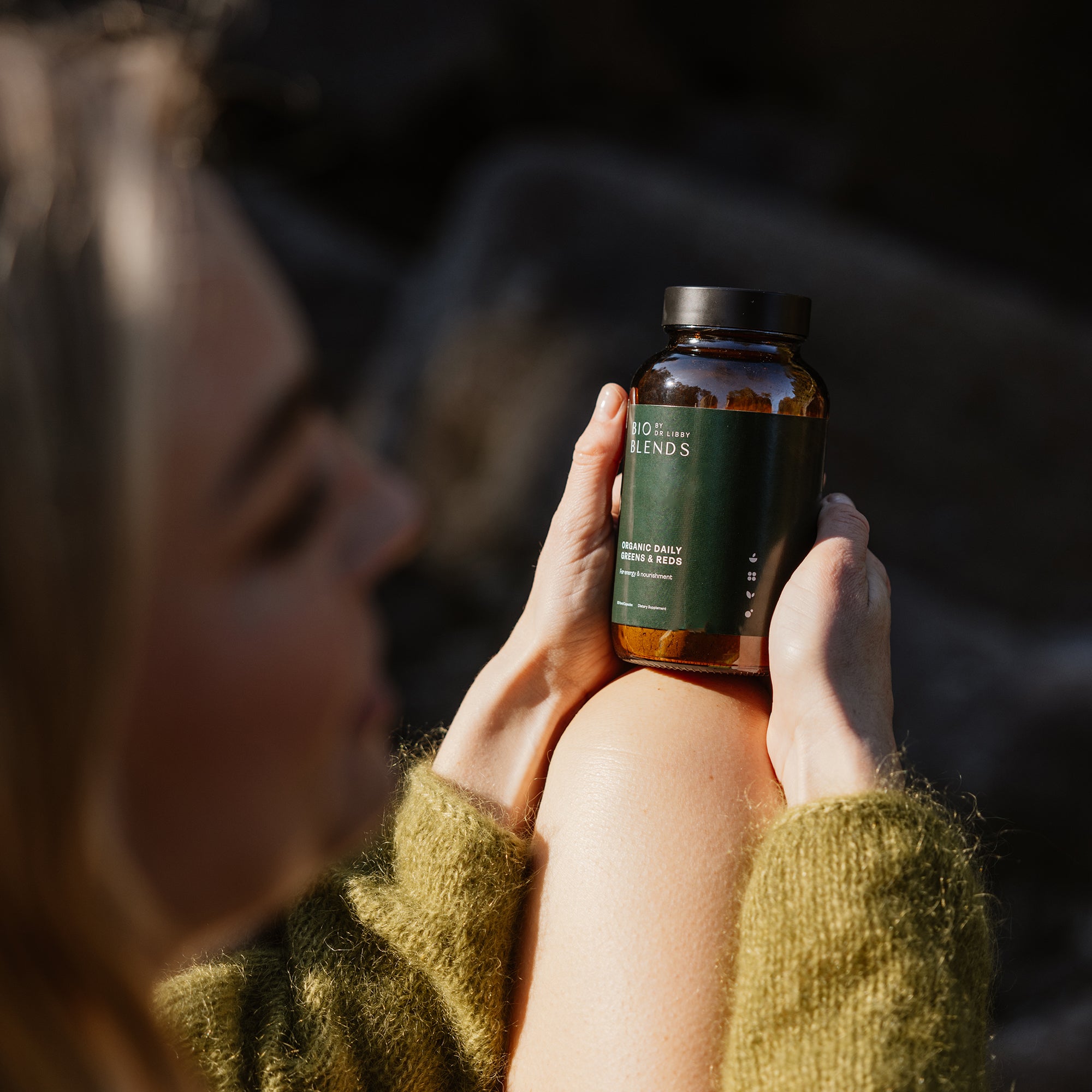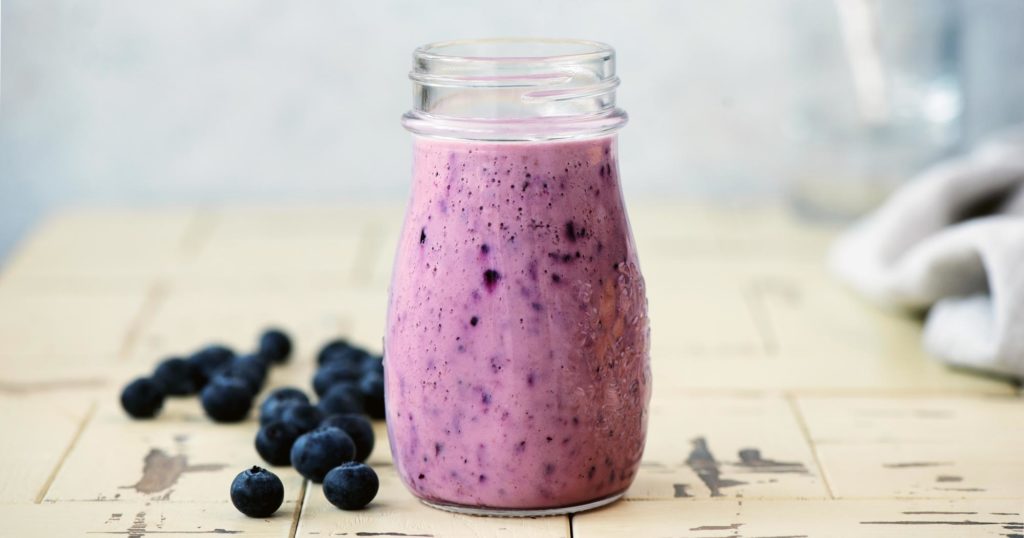
Perimenopause vs menopause: what’s the difference?
Perimenopause, menopause and post menopause are big life occurrences, and they can be somewhat confusing because of the language we’re commonly taught to use—that is, that each of these stages are collectively referred to as “menopause”, when that is actually not correct.

Perimenopause
Perimenopause is the transition a woman experiences as she heads towards menopause—and menopause is actually just one date on a calendar (more on this below).
As you enter perimenopause it can start off feeling a little vague. Your cycle may change—perhaps it’s shorter, longer, irregular, or the flow alters. You might also be experiencing new symptoms; sweating through the sheets at night, a loss of libido, an irritable mood that storms through you, as well as anxious feelings and racing thoughts, not to mention sleeplessness. There may be unexplained body fat increases or sore breasts.
It’s common at this stage for many women to wonder, “am I in it…or could these symptoms be something else?”
If you’re noticing changes to your cycle and you’re in your forties or early fifties (although for some women, perimenopause begins in their late thirties), chances are you’ve commenced your perimenopausal journey. As you progress, the body tends to go one of two ways—a nice smooth transition to menopause where your cycle gently fades away OR a swell of hormonal surges that leave you wondering which way is up and where on earth your former self went. This journey can last anywhere from one to 12 years.
If you’re in the latter camp, don’t despair. There are steps you can take to ease your suffering through this transition.
Continue reading about supporting perimenopause
Menopause
By definition, menopause is one day on a calendar. That’s right, blink, and you’ll miss your menopaus-aversary. That day is 12 months since your last period. So, when your cycle walks out the door and doesn’t come back for a whole year, not even one tiny visit, then that is the official date of your menopause. In some situations, a blood test to measure the level of a hormone called Follicle Stimulating Hormone (FSH) may be done as well.
Post Menopause
Everything from your menopause date onward is called post-menopause.
Not everyone suffers post-menopausally. If a woman does, it’s usually as her body is learning to adapt to function with much lower levels of hormones, namely estrogen.
Common post-menopausal symptoms may include hot flushes, vaginal dryness, low moods, disturbed sleep, fatigue, a slower metabolic rate, decreased libido, thinning hair, a change in body fat distribution, and mental fuzziness.




